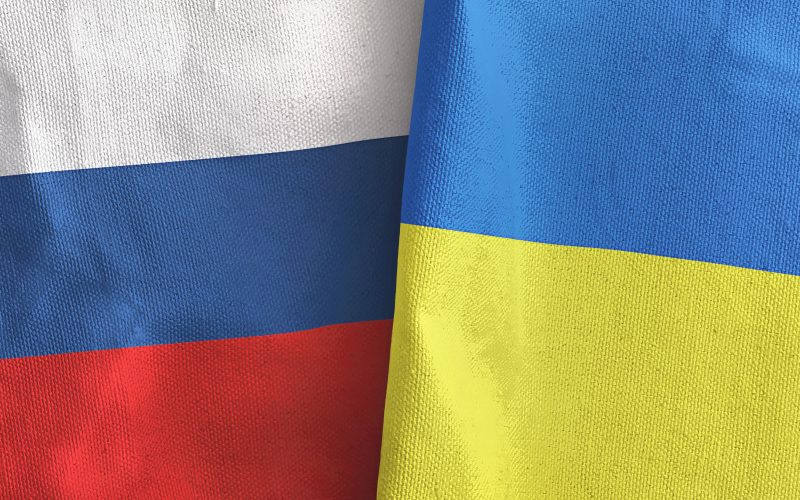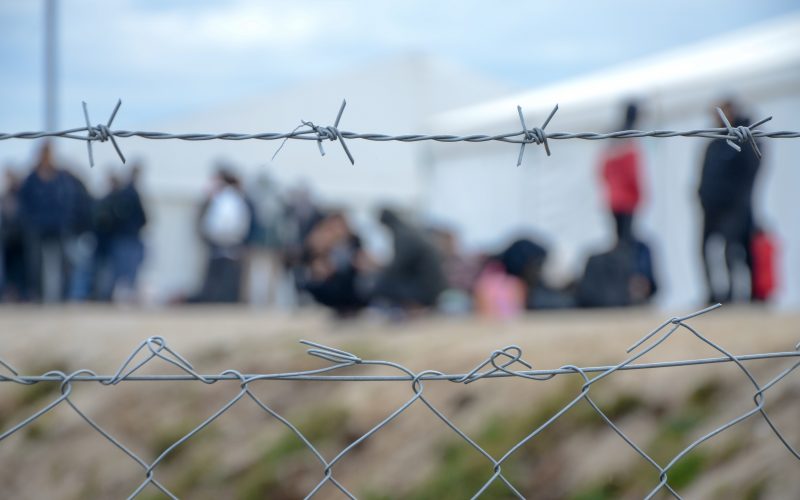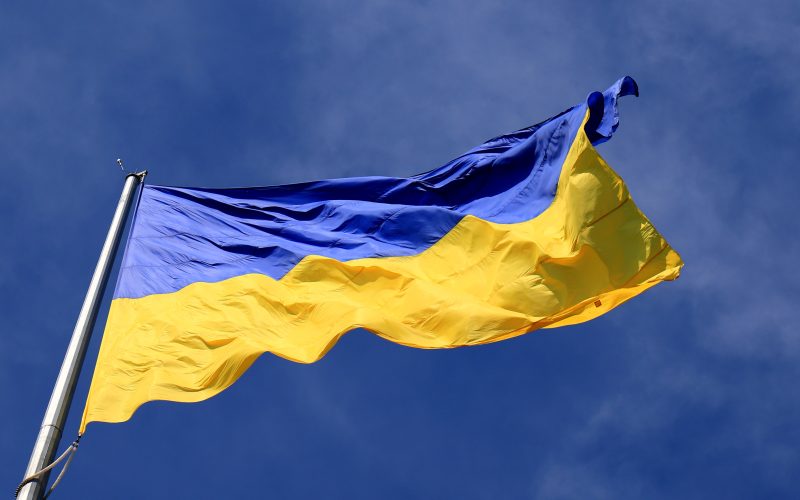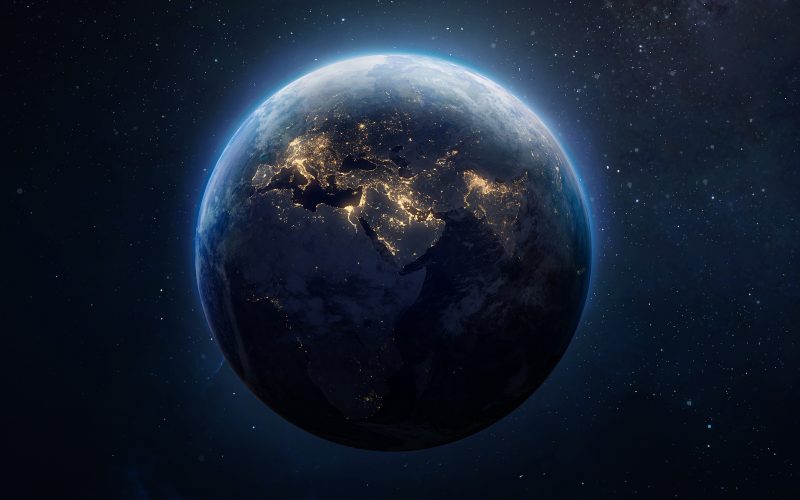Ben Wilson joins us to discuss the modern quest for biodiversity within cities, how ancient civilizations lived alongside grasslands and rivers, and what we can do to reclaim green spaces.
Read more


Ben Wilson joins us to discuss the modern quest for biodiversity within cities, how ancient civilizations lived alongside grasslands and rivers, and what we can do to reclaim green spaces.
Read more
Dara Massicot, senior policy researcher at the Rand Corporation, joins guest host John McCaa to discuss the errors Russia has made thus far, and how Ukraine has defied the odds with the help of its international allies.
Read more
Francis Fukuyama joins host Krys Boyd to discuss the pushback against classical thoughts about individual rights, rule of law and equality, and what he sees as the decaying of American institutions.
Read more
Professor Ruth Ben-Ghiat joins guest host John McCaa to discuss how world leaders from Benito Mussolini to Vladimir Putin have gained followers and manipulated the media.
Read more
Frontline filmmaker Michael Kirk joins us to discuss Putin’s relationship to not only President Biden, but to Bill Clinton, George W. Bush, Barack Obama and Donald Trump.
Read more
Dina Nayeri talks about how trust is codified in boardrooms, hospitals, the asylum process and elsewhere – and the relationship between trust and privilege.
Read more
David J. Kramer, executive director of the Bush Institute, discusses policy recommendations the Institute has for the Biden administration and Congress that focus on bringing the war in Ukraine to an end.
Read more
Bryan Walsh, editor of Vox’s Future Perfect, talks about a U.S. population that’s trending downward and arguments on the political Left vs. Right about why having children might be a good thing for America’s future.
Read more
Rachel Bronson, the president and CEO of The Bulletin of the Atomic Scientists, discusses the factors that have ticked us closer to disaster – from the war in Ukraine to Covid and climate change.
Read more
Reporter Susan Shain explains how food waste is responsible for twice as many greenhouse gas emissions as commercial aviation.
Read more
Political science professor Ronald J. Deibert discusses Pegasus, a tool that gives the operator near-total access to a person’s information, and how it’s being used as a model for the expansion of spyware.
Read more
Tom Standage, an editor at The Economist, discusses the top 10 issues the magazine predicts will make the biggest headlines this year.
Read more